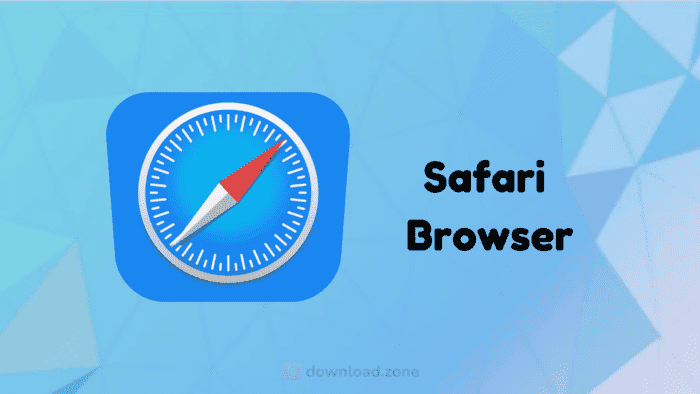Apple executives Eduardo Cue, John Giannandrea, and Adrian Perica have been called to testify in a Google antitrust trial in Washington D.C. The trial is probing the closed-door deals between Apple and Google. This includes the billions of dollars that Google pays Apple each year to use its search engine The trial is also checking whether Google has used its top position as an internet search engine to shut out rivals.

One of the key issues in the trial is the use of Safari 17’s incognito mode. This mode now allows users to browse the internet without their browsing history being saved. The trial is probing if Google has used its search engine to track users even when they are in incognito mode. Also, it will check if Google used this data to gain an edge over its rivals.
However, the main issue in the trial is the ability of Safari 17’s incognito mode to change the search engine being used. This means that if a user types a search query into the address bar while in incognito mode, the search engine used may be different from the one used in regular browsing mode. The trial is probing whether Google has taken advantage of this feature to steer users towards its own search engine.
The Antitrust Battle Begins
The antitrust case against Google, featuring Apple executives as prominent witnesses, shines a spotlight on the dynamics of the digital world. Incognito mode, popularized by browsers like Chrome, is designed to offer users enhanced privacy. It is supposed to prevent the storage of browsing history, cookies, and other tracking data. Normally, in this mode, users are restricted to the browser’s default search engine. This is often set to Google by default. However, Safari 17’s new feature disrupts this status quo, enabling users to opt for alternative search engines even during private browsing sessions.
Google’s Concerns
Google, is not pleased with Safari 17’s new feature. The search giant argues that this change is an attempt by Apple to unfairly divert ad revenue away from Google. It claims that this will impact on its revenue. By giving users the option to switch search engines during incognito sessions, Apple could disrupt Google’s revenue in the digital ad ecosystem. This is the claim that Google is making. In court, Google has presented evidence showing that Apple’s move has led to a huge drop in its ad revenues. The search giant contends that Apple’s decision to use this feature is a calculated business move.

Gizchina News of the week
Apple’s Argument
The legal arguments in this case are complex and multi-faceted. On the one hand, Apple argues that it is simply giving users more choices. It also claims that it is boosting users’ privacy by allowing them to choose any search engine when browsing incognito. The tech giant claims that this is in line with its commitment to user privacy and fair competition.
Google, on the other hand, claims that Apple’s actions are anti-competitive and harmful to its business interests. The search giant has long been the target of antitrust probes and lawsuits. This case is another chapter in its ongoing legal battles.
Implications for Users
The decision in this case could have a big impact on users. If Apple wins and continues to offer the option to switch search engines during incognito sessions, users will have more options and perhaps more privacy. It would also likely put pressure on Google to improve its user experience and privacy features. On the other hand, if the court rules in favour of Google and requires Apple to revert to the previous default search engine settings in incognito mode, it may limit user choice. But users will still be able to browse incognito.
Not to forget that Apple and Google had a deal and under normal circumstances, the former should respect the deal. However, if it gives the latter an edge over rivals, the court will make a pronouncement. Users will have to keep their fingers crossed and watch how the case will be determined in court.

Conclusion
The appearance of Apple executives in court in the Google antitrust case shows the complex interplay of privacy, rivalry and business interests in the tech industry. While Apple’s move to allow users to change their default search engine in incognito mode can be seen as a step towards improving user choice and privacy, Google claims it is a calculated business move aimed at diverting ad revenue.
The legal battle is likely to have far-reaching implications for both brands. It could even influence the wider antitrust landscape in the technology sector. Ultimately, it is users who stand to gain or lose from the outcome of this high-stakes case.
The testimony of Apple executives is expected to shed light on the nature of the Apple-Google deal. It will reveal if it gave Google an unfair edge over its rivals. John Giannandrea, a former Google executive who now works for Apple, is expected to testify at the trial. The trial is also expected to examine the role of Eddy Cue, a senior Apple executive, in the Apple-Google deal.
The trial is being closely watched by antitrust experts as it could have huge implications for the technology industry. If Google is found to have violated antitrust laws, it could face big fines. It may also be forced to change its business practices. The trial could also lead to increased scrutiny of other tech giants such as Facebook and Amazon, which have also been accused of antitrust violations.





